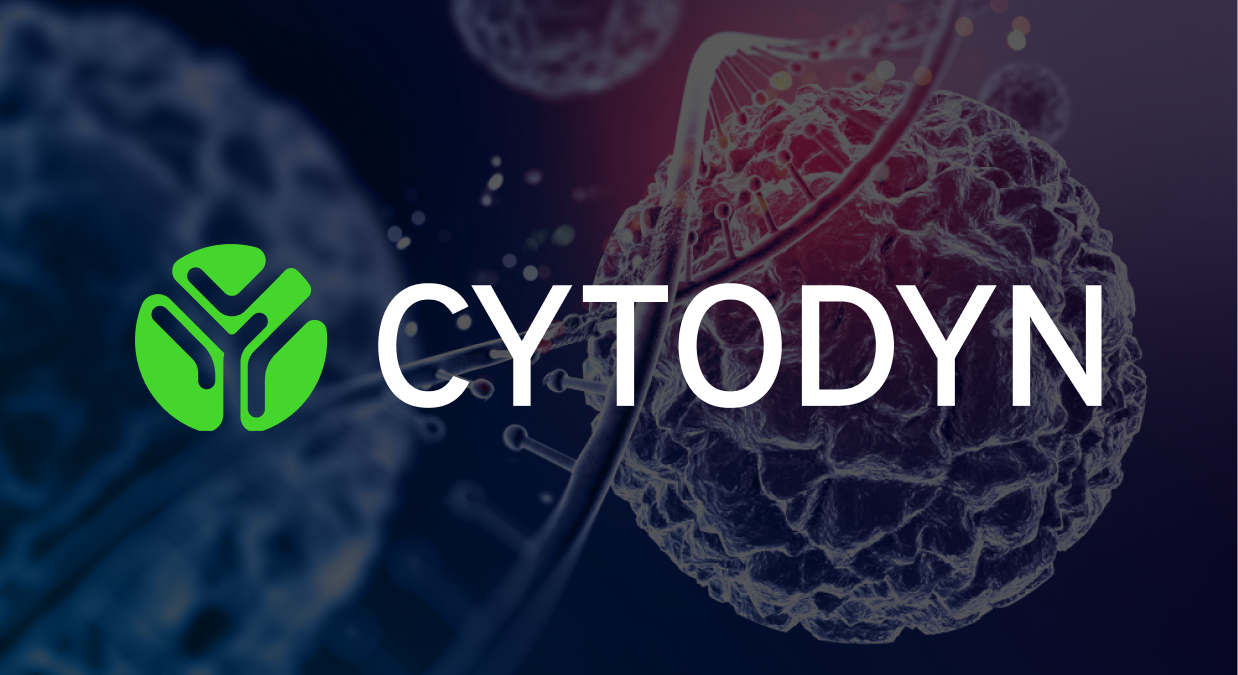CytoDyn Reports Data Supporting Leronlimab’s Innovative Mechanism For Solid Tumors Treatment
CytoDyn's leronlimab may boost PD-L1 in tumors, enhancing response to immune checkpoint inhibitors in cancer therapy.
Breaking News
May 14, 2025
Simantini Singh Deo

CytoDyn Inc., a biotechnology company focused on developing leronlimab, a CCR5 antagonist, announced new findings suggesting that leronlimab may work through a novel mechanism to treat solid tumors. The company analyzed data from previous clinical trials in patients with metastatic Triple-Negative Breast Cancer (mTNBC) and found that leronlimab treatment led to an increase in the expression of PD-L1, a protein involved in immune response, on the patient’s circulating tumor cells (CTCs).
In the trial, 15 out of 17 patients (88%) who received a weekly dose of 525 mg or higher showed a significant rise in PD-L1 levels over a 30 to 90-day period after starting treatment with leronlimab. Increasing PD-L1 expression can be compared to turning "cold" tumors "hot," making them more responsive to immune checkpoint inhibitors (ICIs), a class of drugs that help the immune system recognize and attack cancer cells.
Richard Pestell, MD, PhD, AO, the Company’s Lead Consultant in Preclinical and Clinical Oncology, said in a statement, “Leronlimab’s induction of PD-L1 on CTCs in patients with otherwise “cold” tumors opens a promising field of exploration for what could amount to significant improvements to patient care and outcomes in solid tumor oncology. We are hopeful that further short-term investigation will confirm our working theory and open new pathways for patients with a range of common and aggressive forms of cancer to access treatment options that were previously out of reach.”
“We are thrilled to announce this apparent mechanism behind the improved survival in patients with refractory and metastatic TNBC. Leronlimab’s ability to induce an inflamed or “hot” tumor environment, that could then be treated with ICIs, would be a game changer in solid tumor oncology. Prospectively confirming these findings in patients with TNBC is a top priority. We have also amended our current colorectal cancer trial to ensure the prospective collection of PD-L1 data in a second type of solid tumor,” mentioned Dr. Jacob Lalezari, CEO of CytoDyn.
CytoDyn also noted that patients with mTNBC who had failed multiple prior treatments showed improved survival after receiving leronlimab. Among the 5 patients who had a significant increase in PD-L1 expression and went on to receive ICI treatment, all 5 are still alive today. Four of these patients (80%) are currently free of disease, and the fifth is stable. If these results are confirmed in future studies, CytoDyn believes this mechanism could be effective in treating a broad range of solid tumors, especially in cancer patients with low PD-L1 levels who were previously unresponsive or ineligible for checkpoint inhibitors.
